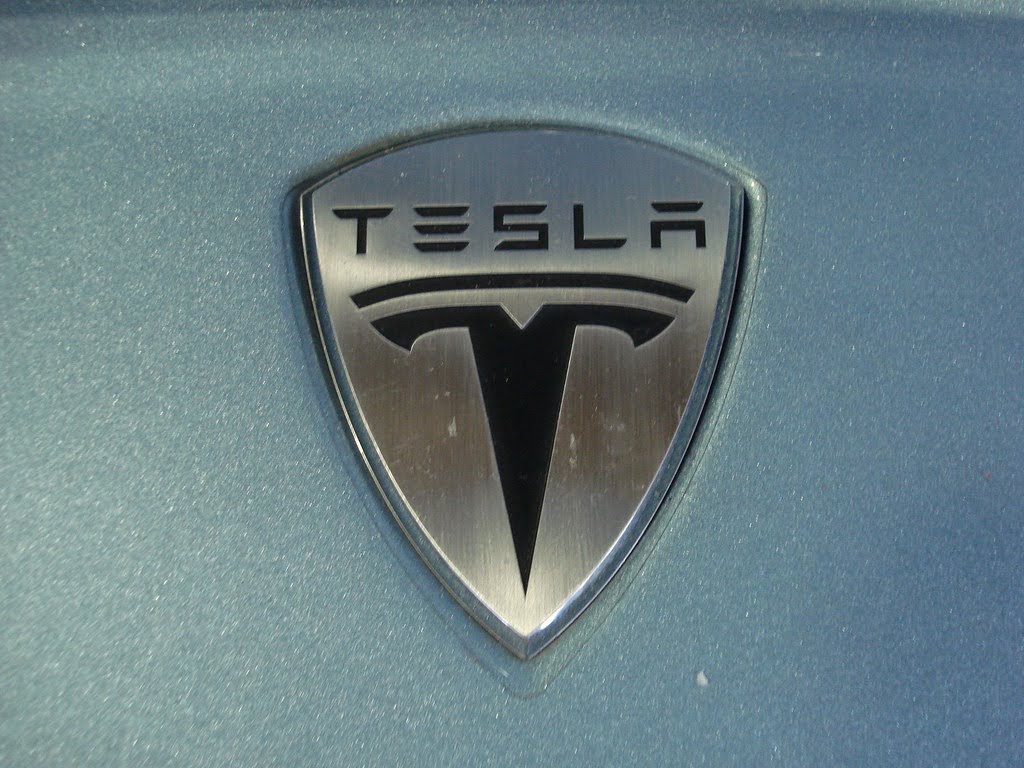The future of South Australia’s landscape is under intense scrutiny as the controversial Tesla factory project advances to state approval, raising concerns about environmental impact and the preservation of natural spaces. The Marion city council’s green light has only intensified the focus on this critical issue for the region.
The proposed Tesla showroom and battery recycling and repurposing factory has drawn considerable opposition, with 95% of nearly 1,000 public submissions to the council expressing disapproval. A significant part of this opposition stems from the need to remove trees from the development site, raising alarms among conservation groups and fueling the “Trees not Teslas” movement.
The Marion city council, however, chose to focus on the economic advantages of the project. They cited the creation of 100 new jobs and millions of dollars in revenue for the community as primary reasons for their decision, with Mayor Kris Hanna suggesting that rejecting the project would simply lead Tesla to establish its operations elsewhere.
Nevertheless, “Trees not Teslas” remains unwavering in its commitment to environmental protection. They argue that replacing mature trees with saplings is an inadequate mitigation measure and that the council failed to genuinely consider the environmental costs. The battle now shifts to the state government, which must navigate this complex interplay of economic and environmental considerations and decide the future of South Australia’s landscape.

